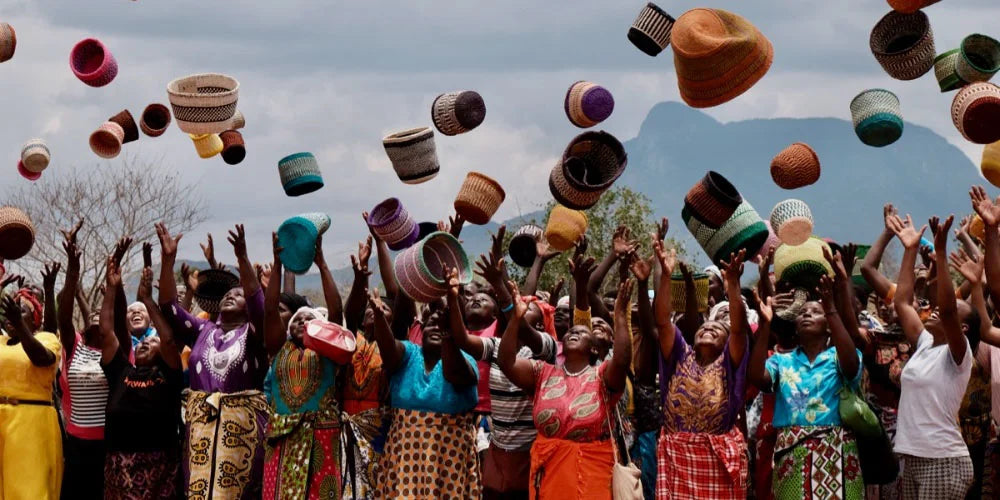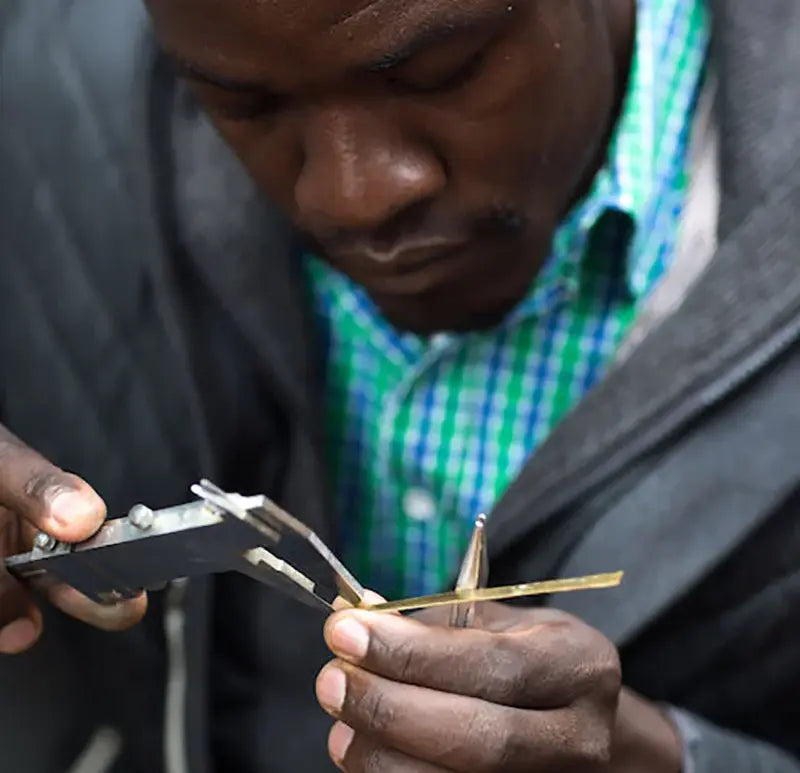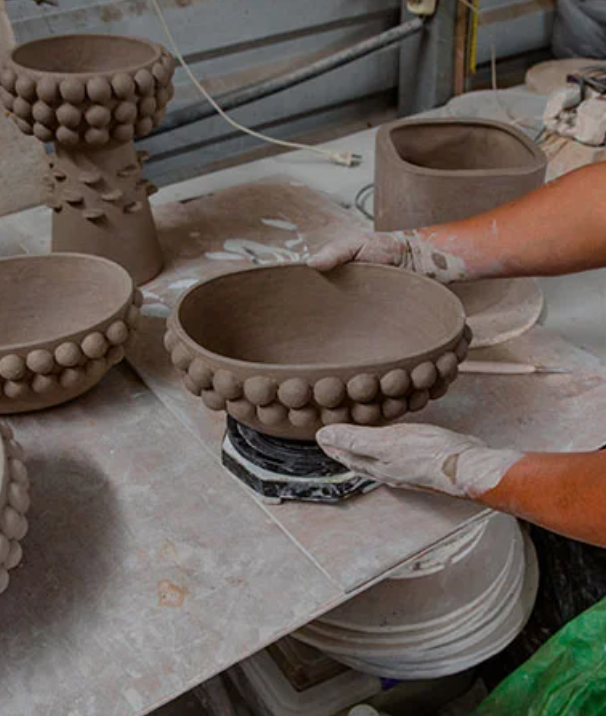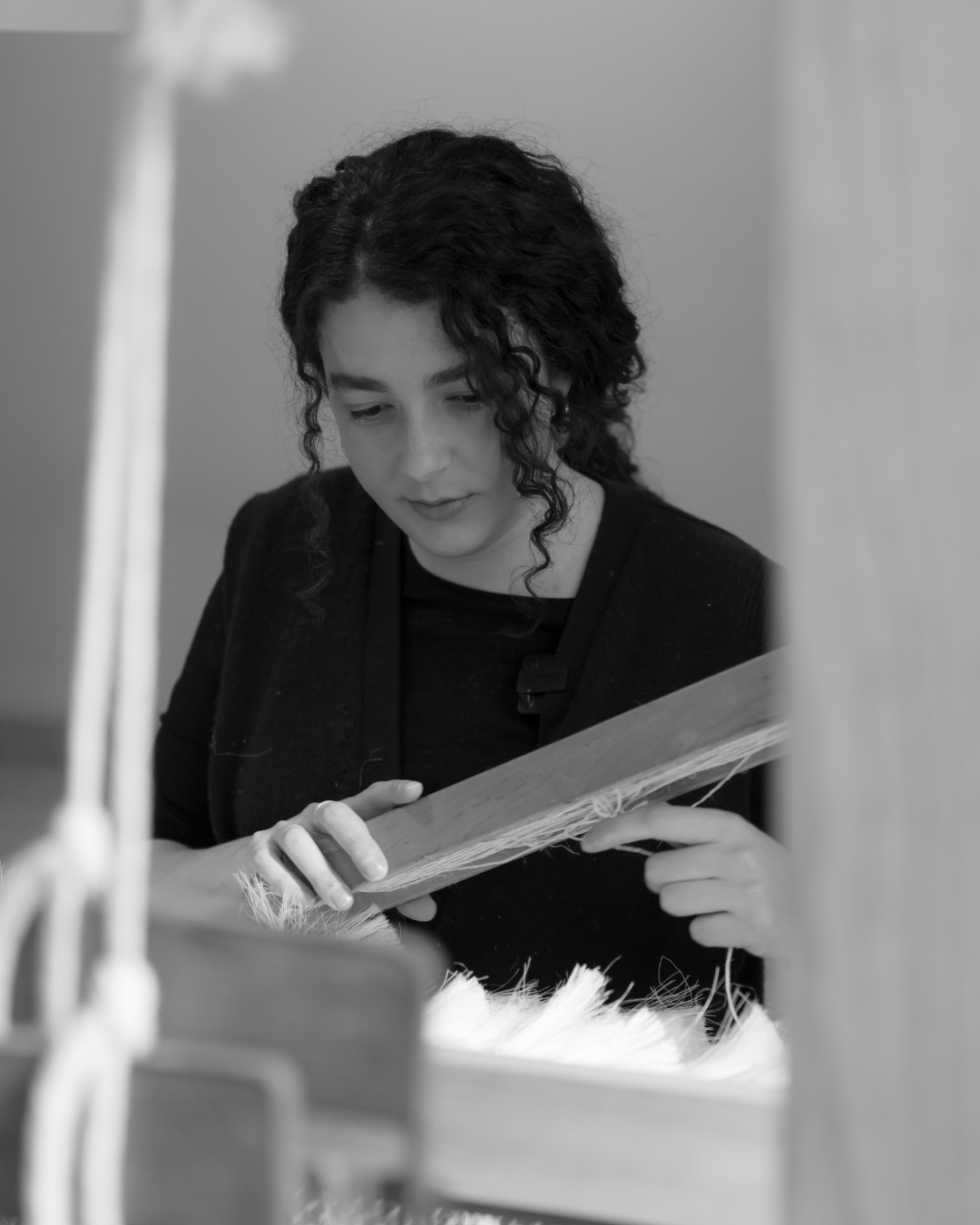
Stronger, Together
Real change agents don’t go it alone. The Dela Programme proves that achieving progress on a global scale requires a collaborative effort.

Kipato Unbranded
What do creating opportunities for autistic children, finding substitutes for plastic, generating employment in Egypt, and sourcing locally in Turkey have to do with our work at Powered by People? At first glance, it might not seem like much. But the Dela Programme— an accelerator initiative supported by Ashoka and the retail giant IKEA—believes differently.
In Swedish, Dela means “to share.” And all the social entrepreneurs at Dela are united by a desire to drive positive change in the world. Dela, Ashoka and IKEA believe that by supporting change makers, far-reaching global systemic change can really happen over time. True to its name, Dela is all about sharing and open source. If you have a good solution that makes everyone better off, how do you get the most people behind it—to adopt, emulate and copy it? By sharing it with the world.
Almost no one brings about fundamental change on their own. The idea behind Dela is to innovate and create opportunities that benefit others—even your competitors—drawing in larger constituencies that then have even more success together. This outlook is backed by an abundance mindset, as opposed to those that presume scarcity. Such an outlook is not easy to sustain and is of course completely at odds with the kind of competition we normally see in business. But once adopted, it is usually contagious, as well as so much more fun and fulfilling. We are in many ways predisposed to co-create as a community, rather than alone.

Mayu
PBP is connecting sustainable producers and brands around the world to buyers anywhere. We are giving local entrepreneurs — mostly women based in low-income countries — a chance to connect with buyers in new markets. Our aim is to bring a whole new segment of businesses into mainstream international markets so that they can pay their teams decent wages and have a positive impact on their local communities. The biggest barrier to these connections remains high shipping costs. To this day, very little innovation in shipping models has happened that could bring costs down.
Our focus within the Dela accelerator is on finding solutions that overcome these barriers of shipping and logistics. One potential model is consolidated shipping that aggregates orders in specific regions and countries. By lowering the cost of shipping, we can make markets more accessible and create economic growth and lasting economic impact in lower income economies that produce amazing, beautiful and authentic products.
Our next stop is the Dela Summit in June at IKEA HQ in Sweden where PBP will have an opportunity to present our strategy for creating systems change through an aggregated shipping strategy. New systems take years, even decades, to emerge. They require the dedicated involvement of many different partners. But we need such systems change to open the door to more equal market access for the approximately 300 million makers and producers that we know to exist worldwide.
11 Must-Have Holiday Gifts
Tis the season for standout finds. Unwrap our top holiday picks
Read moreThe Woven Wall
For Mexico-based maker KREYÉ, the artistry of craft represents both beauty and commerce
Read more

